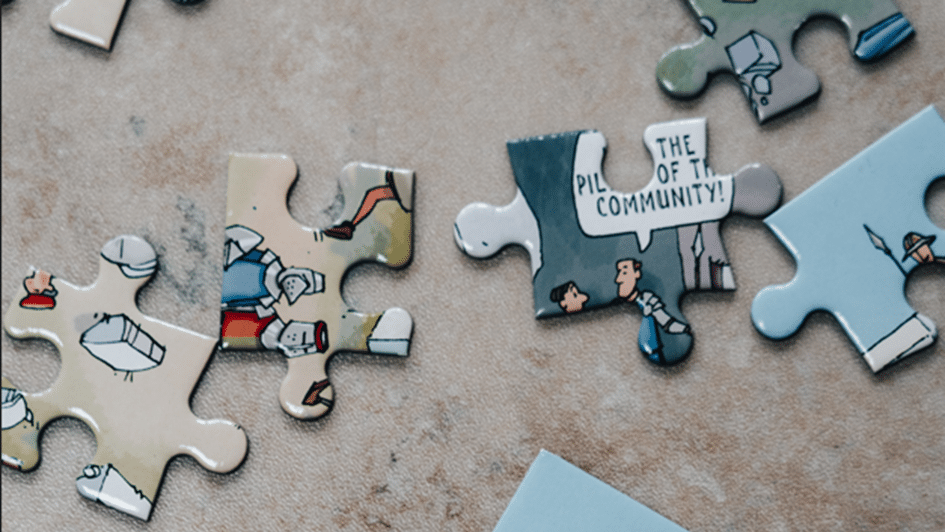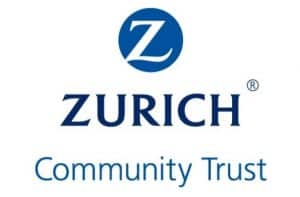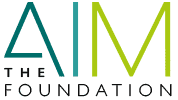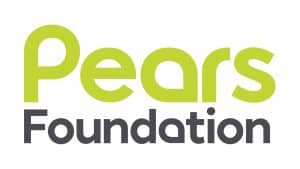In this blog, our policy and public affairs assistant Zainab Shafan-Azhar explores the principles of community organising and how we at the coalition can embed that in our work.
In this sector, it’s easy to get disheartened. Especially when it comes to policy influencing, it can feel like we are just pushing against a closed door. In the circumstances where our voices are heard and strategies and policies are formulated by decision-makers, we don’t always see the full implementation to support these policies.
When fighting for a cause that is so important, it’s natural to want the level of work we put in to lead to successful observable outcomes. But, unfortunately, that’s not always the case.
One thing that we must remember is that we have power in numbers. We have something that is invaluable. We have a united voice.
Despite this, it can sometimes be difficult to effectively utilise our united voice.
Recently, I went to an event about community organising. One of the main principles of community organising is using a united voice. So, what exactly is it?
Community Organising
Community organising involves all members of a community tackling a shared problem. It involves turning anger into action. Building relationships within and between organisations and amongst individuals to best tackle issues.
An analogy was shared on the day about a way in which community organising can be perceived. Imagine a road with a school, a doctor’s surgery, a school, a mosque, a church, and a nursery. Whilst all the different organisations on the road have different approaches to navigating things on the road, they all know that at the end of the road is a huge bolder. So, wherever they can they work together to inform people and protect people from this.
At the event a case was shared where a united voice was powerful enough to facilitate real change.
————————————
Sara Hunter fought the system to get a diagnosis for her son. Eventually he was diagnosed with dyspraxia. This sparked 1 to 1 conversation with other parents in her church who had similar experiences. They found that one of the difficulties when speaking to schools was the fine line between trying to fight for change whilst not instilling blame. The clear need prompted her to start up coffee mornings in the local church for parents to discuss the challenges they were facing. Whilst signposting to useful services was a big part of this, the coffee morning became a reliable and safe place for parents to share their struggles, support each other and have a chat with people that could relate. As a result of these conversations, a campaign in Hackney was formed for children with special educational needs and disabilities.
The campaign group began to identify an emerging need for the different parents in the coffee mornings and so they asked the local council for funding for parent led support groups. They also wanted and created more initiatives for the children themselves to feel included such as church movie nights and sensory and interactive services. The campaign progressed into an assembly with key members from the local council, parents, young people, and other supporters. The assembly involved parent testimonies and positive stories to demonstrate the beneficial impact of support from other parents.
At the end of the assembly Sarah asked the audience if they would stand with her in asking for support for these families which resulted in the whole room standing up. The persuasive power of the large number of supporters led to them receiving commitment from the members of the local council present at the event, to providing funding for parent led support groups.
————————————-
So, even though we feel like our changes are not being made, we must remember that we have the most powerful tool in our toolbox – each other. When we work collectively the change that we can make is powerful. That’s what we want to do here at the Children and Young People’s Mental Health Coalition. Use our united voice to demand the change that we want to see. The Children and Young People’s Mental Health Coalition are a collaborative alliance of over 270 members. We use our collective voice and power to influence policy and advocate for the consideration of the mental health needs of babies, children and young people.
At the coalition we want to support local member organisations in their community organising by equipping them with information, support and resources where possible to affect change within their communities.
But how else can we put this into practice on a day-to-day basis?
Connect with each other. If you see something in the weekly newsletter that you think is important, reach out to one another to see what you can do to support. Sign petitions that come from other organisations. Contribute what you can to others’ projects. Ask us for help when needed. We can create a powerful name by continuing to work together.
A powerful statement was made in the session. The justice that you can serve is equal to the power that you hold.
We must capitalise on the strength that we have as a coalition and use that to fuel the change that we want to see.
Author: Zainab Shafan-Azhar
To learn more about community organising check out the following sites:
Act, Build, Change: https://actbuildchange.com/training/abc101/?cn-reloaded=
Citizens UK: https://www.citizensuk.org/about-us/what-is-community-organising/
Mobilisation Lab: https://mobilisationlab.org/resources/





